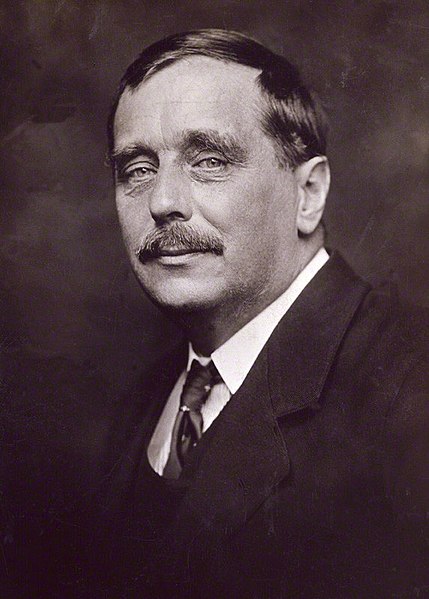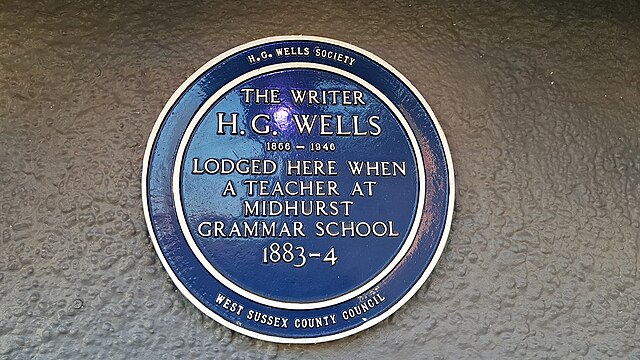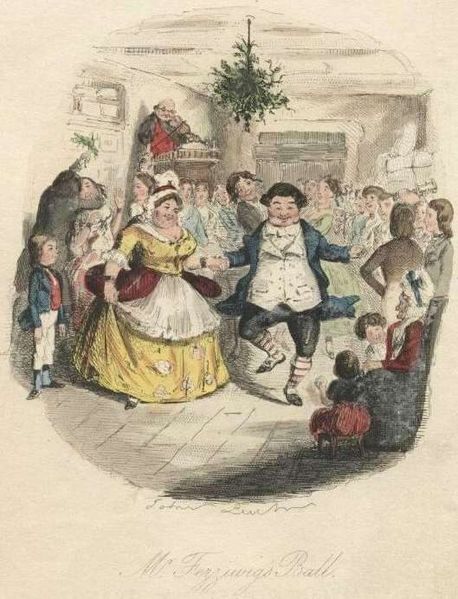Herbert George Wells was an English writer. Prolific in many genres, he wrote more than fifty novels and dozens of short stories. His non-fiction output included works of social commentary, politics, history, popular science, satire, biography, and autobiography. Wells' science fiction novels are so well regarded that he has been called the "father of science fiction".
Photograph by George Charles Beresford, 1920
Young Wells, "Bertie" as he was known, c. 1870s
Wells spent the winter of 1887–88 convalescing at Uppark, where his mother, Sarah, was the housekeeper.
Commemorative plaque in Midhurst, West Sussex, marking where Wells lodged while a teacher at Midhurst Grammar School between 1883 and 1884
Time travel is the hypothetical activity of traveling into the past or future. Time travel is a widely recognized concept in philosophy and fiction, particularly science fiction. In fiction, time travel is typically achieved through the use of a hypothetical device known as a time machine. The idea of a time machine was popularized by H. G. Wells's 1895 novel The Time Machine.
Statue of Rip Van Winkle in Irvington, New York
Mr. and Mrs. Fezziwig dance in a vision shown to Scrooge by the Ghost of Christmas Past.






